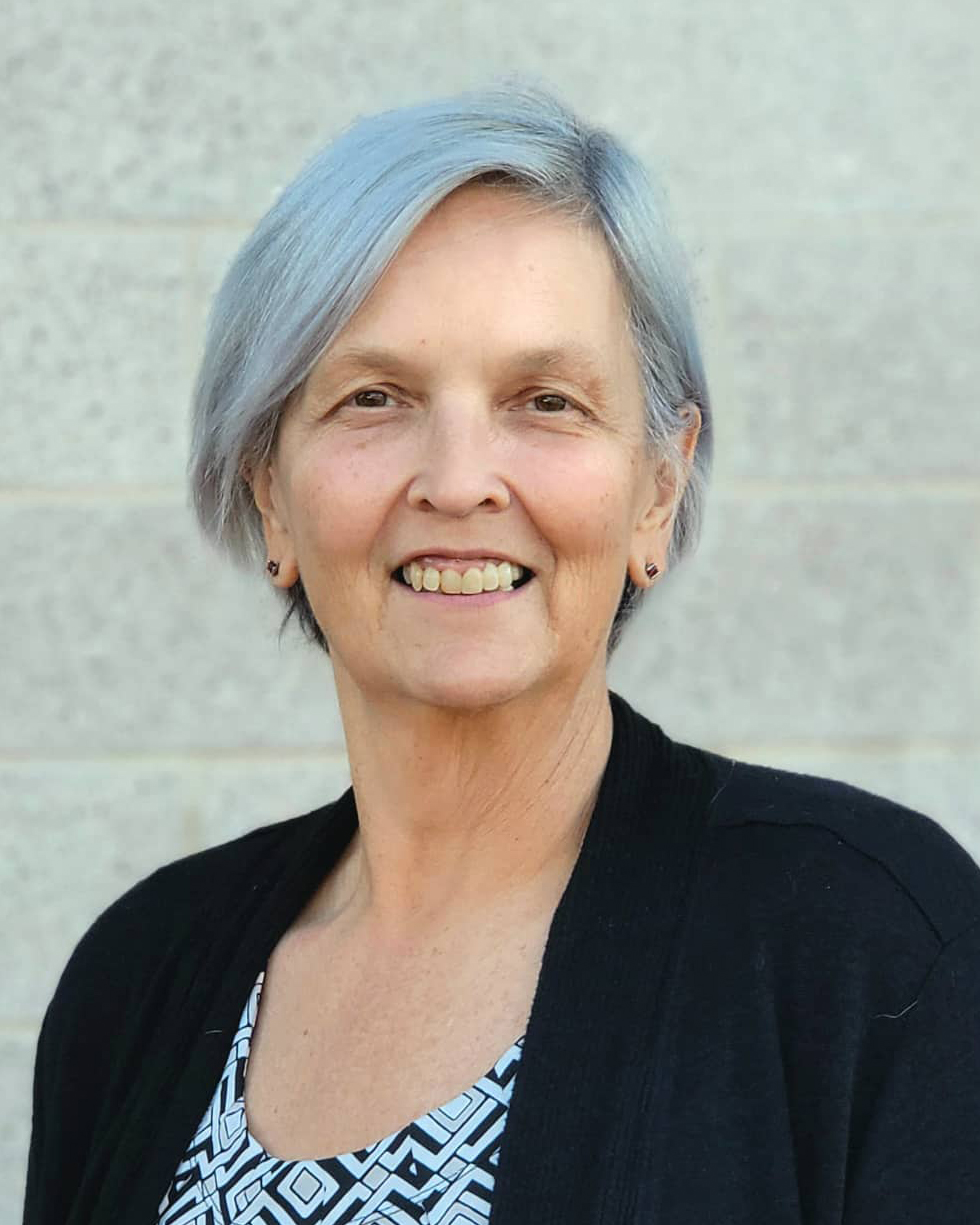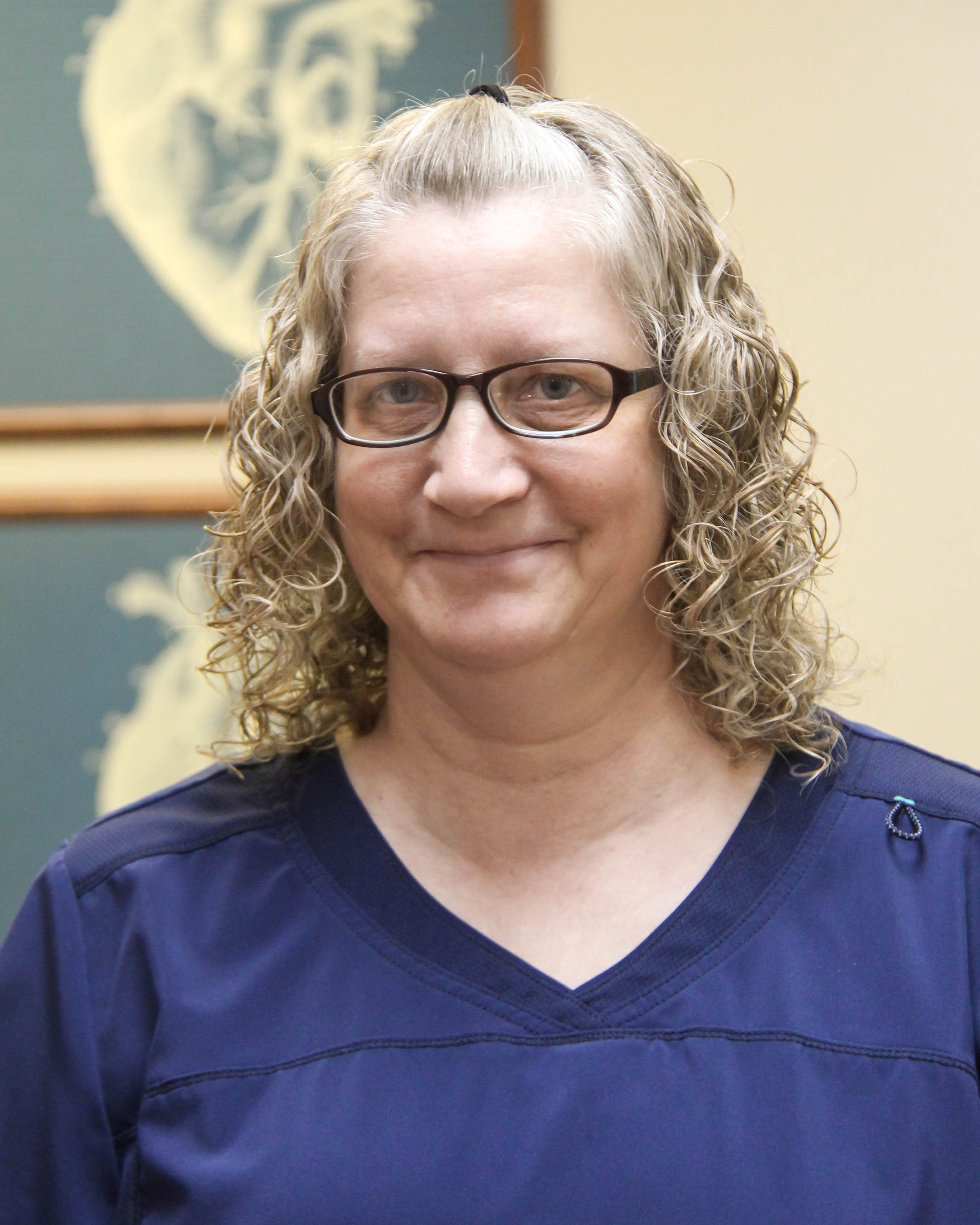William Newton Cardiology
Quality cardiology care is just a heartbeat away. William Newton Hospital provides diagnostic and interventional cardiovascular services in partnership with Heartland Cardiology of Wichita — bringing you big-city cardiology, with small-town heart.
William Newton Hospital is proud to offer full-time interventional cardiology in both the hospital and office setting. The hospital has several skilled providers on staff with expertise and experience in care of the heart.
Call to schedule an appointmentCardiovascular services include:
- Office visits and follow-up appointments
- Hospital consults and follow-up appointments
- Cardiac & peripheral catheterization
- Cardiac stress testing
- Cardioversion
- Echocardiogram
- Electrocardiograms
- HeartMenders cardiac rehabilitation
- Holter monitors
- Nuclear Imaging
- Peripheral arterial disease testing
- TEE & TTE
William Newton Cardiology is the only full-time clinic in Cowley County dedicated to heart care and is conveniently located at the Physicians Pavilion in Winfield.
Our cardiology team is accepting new patients, specializing in treating disorders of the heart, including the diagnosis and treatment of heart failure, coronary artery disease, hypertension, arrhythmia (irregular heartbeat), and much more.
Put your heart in our hands — call 620-222-6264 to schedule an appointment.
William Newton Cardiology
Physicians Pavilion
1230 E. Sixth Ave. Suite 2C
Winfield, KS 67156
Phone: 620-222-6264
Fax: 620-800-1011
Office Hours:
Monday – Thursday: 8:00 a.m. to 5:00 p.m.
Friday: 8:00 a.m. to 11:30 a.m.
Outreach Clinic: 3rd Wednesday of each month
Wilson Medical Center
2600 Ottawa Rd
Neodesha, KS 66757

Cardiac & Peripheral Catheterization
A cardiac catheterization (cardiac cath) can be done as an outpatient or as part of your stay in the hospital. Our interventional cardiologist may perform a cardiac cath for several reasons including the diagnosis of heart conditions, evaluation of blood flow to the heart muscle, or to open a blockage in the artery. Coronary angioplasty (opening of a coronary artery using a balloon) or placement of a stent (a tiny coil or tube placed inside the artery to keep it open) are examples of interventional procedures performed in the cardiac cath lab.
A peripheral catheterization can also be performed in the cath lab. This is a procedure performed to evaluate abnormalities or blockages of the blood vessels outside of the heart, such as the arms and legs. This procedure is typically performed on patients who have symptoms associated with Peripheral Arterial Disease (PAD) such as: non-healing wounds, ulcers, pain when walking or climbing stairs, coldness in lower legs or feet, and painful cramping in hips, thighs, and calf muscles.
Download Patient Instructions:
Cardiac Stress Testing
Cardiac stress testing can provide significant information about heart function, including the possibility of coronary artery disease. The test measures heart electrical activity while the patient is walking on a treadmill under the direct supervision of a physician. A medication alternative is used for patients who are not able to exercise. Stress testing is often done in conjunction with nuclear imaging (see below). Contact Respiratory-Cardio Services at ext. 1283 for more information.
Cardioversion
Cardioversion is done to correct a heartbeat that's too fast (tachycardia). Cardioversion is a medical procedure that uses quick, low-energy shocks to restore your heart to a regular rhythm.
Echocardiograms
An Echocardiogram, sometimes referred to as Echo, is an ultrasound image of the heart. An echo uses high frequency sound waves (ultrasound) to form a picture of the heart’s chambers, valves, walls and blood vessels. This is useful when looking at the structure of the heart and how well it functions. This test requires a specialized technician but does not require any preparation.
Electrocardiogram (EKG)
An EKG (a.k.a. ECG) is a quick and noninvasive measurement of electrical activity of the heart. Electrodes attached to wires are placed in specific locations on the chest, arms and legs. The test can provide information about the heart, including possible current and past heart attacks.
HeartMenders Cardiac Rehabilitation
The HeartMenders outpatient cardiac rehabilitation program has a long history of helping people recover from major cardiac events (such as heart attack, angioplasty, and coronary artery bypass) or documented angina, valve replacement/repair and congestive heart failure. HeartMenders combines medically prescribed monitoring, exercise and education and is covered by most insurance carriers. After a cardiac rehabilitation program is completed, patients may choose to continue in the self-pay Phase IV program. HeartMenders meets Monday, Wednesday, and Friday and is located on the main floor on the west wing of the hospital.
Learn more about the HeartMenders program
Heart Monitors
This service is available both in the hospital and at William Newton Cardiology. These monitors have the capability of monitoring a patient from one to 30 days and are used to identify intermittent problems that may not be captured on a standard EKG. Patients are asked to keep a diary to help correlate their symptoms with cardiac activity. For hospital services, contact Respiratory-Cardio Services at ext. 1283 for more information. For clinic services, contact 620-222-6264.
Nuclear Imaging
The nuclear medicine exam measures myocardial perfusion and is done in conjunction with cardiac stress testing. A radioactive isotope is introduced intravenously allowing for visualization of the heart and measurement of cardiac function. These exams require patient preparation that may include discontinuing certain medications. Contact the Diagnostic Imaging department at ext. 1179 for more information.
Peripheral Arterial Disease Testing
Peripheral arterial disease (PAD) is a common disease in which extra cholesterol and other fats build up in the arteries reducing blood flow to your limbs. Symptoms associated with PAD include non-healing wounds, ulcers, pain when walking or climbing stairs, coldness in lower legs or feet, and painful cramping in hips, thighs, and calf muscles. Since the majority of PAD cases go undetected and many people with PAD do not even experience symptoms (at least in the early stages) a simple, non-invasive test can assist in assessing the possible presence of PAD.
TEE & TTE
A transesophageal echocardiogram (TEE) is a type of echo test that shows a detailed view of your heart’s structure and function from inside your body. A long, thin tube is guided down your throat and esophagus to show pictures of your heart without your ribs or lungs getting in the way. This may be performed after a standard transthoracic echo or TTE if additional detailed visualization is needed. The specialized echo technician will work alongside the cardiologist to perform this procedure in the cath lab.
A Transthoracic Echocardiogram (TTE), sometimes referred to as Echo, is an ultrasound image of the heart. An echo uses high-frequency sound waves (ultrasound) to form a picture of the heart’s chambers, valves, walls, and blood vessels. This is useful when looking at the structure of the heart and how well it functions. This test requires a specialized technician but does not require any preparation.
Patient Testimonials
Bruce Schwyhart
Dick Vaught





